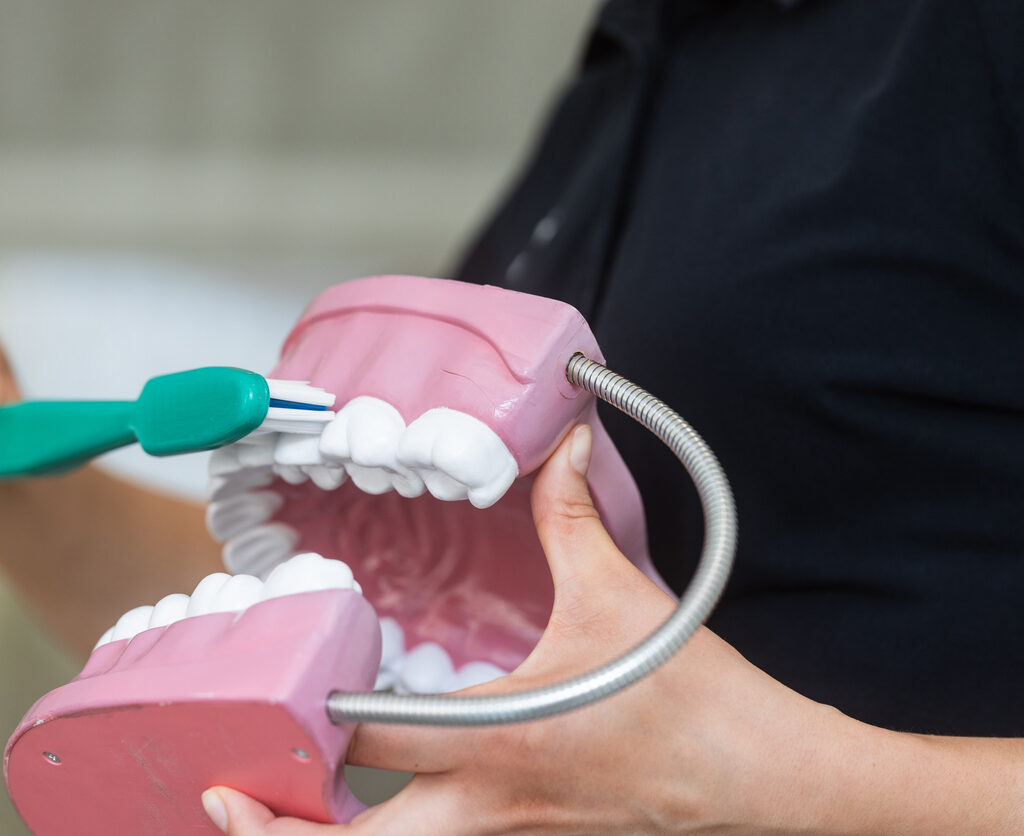Nearly three quarters (70 percent) of Australian adults consider looking after their mouth an important part of their overall health – yet around two thirds of us (65 percent) aren’t aware of the close link between mouth health and some serious medical conditions.
The Australian Dental Association’s (ADA) latest Consumer Survey released today, has uncovered confusion about people’s understanding of neglected oral health and its knock-on effect of possible serious health issues like Type Two diabetes, asthma and cardiovascular disease.
With three in four of us (75 percent) rarely or never flossing daily, and almost one in five of us (18 percent) brushing only once a day, both which are essential and easy elements of any healthy mouth routine, most Aussies have a way to go to get these basics right.
Thankfully six simple minutes a day brushing and flossing helps avoid the negative effects of poor oral hygiene on the rest of your body.
The link between the mouth and the rest of the body is the key message for Dental Health Week (7 to 13 August), the ADA’s big oral health push for 2023.
Another contradiction between what’s known and what’s actually practised relates to dental visits: while nine percent fewer people delayed seeing their dentist in the last year (58% compared to 67 percent in 2021), visiting patterns remained poor with 64 percent of respondents only visiting when they had a problem.
Of those surveyed, 57 percent rated their dental health as ‘poor’, ‘very poor’ or only ‘fair.’ The majority of those with one of these ratings said it’s because they ‘don’t visit their dentist often enough.’ Only 14 percent gave their dental health top marks.
“These results show that just because we know what’s good for us, doesn’t always mean we follow through by doing the right thing by our mouth,” said ADA President and Melbourne dentist Dr Stephen Liew.
“The knock-on effect of not brushing twice a day and flossing daily risks gum disease which when left untreated, can harm the rest of the body.
“One in three Australian adults has gum disease1 and research across a range of studies has shown that people with advanced gum disease have a much higher risk of a heart attack.”
Research over decades shows the main conditions that link poor oral health (including untreated periodontitis, tooth decay and tooth loss) with the rest of the body in addition to cardiovascular issues, include low birthweight and premature babies, stroke, kidney disease, dementia, Type Two diabetes, and rheumatoid arthritis.
The stakes are high, something the general public needs further educating on. Dr Liew said that for the public, spotting untreated severe gum disease (periodontitis) can be difficult as often there’s no pain.
Signs to look out for include extended gum bleeding, receding gums and loose teeth. While periodontitis can’t be reversed, it can be stopped in its tracks and managed with dental treatment.
“It’s never too late to start putting a little more oomph into your daily oral hygiene routine,” said Dr Liew. “Brush twice a day and clean between the teeth at least once a day. These are really quick and easy measures that all Aussies should be doing.
“If you think you have a problem or you’re overdue for a checkup, see your dentist and get them to assess your mouth health early rather than leaving it. The earlier we detect issues, the easier they are to resolve.
“Just six minutes a day brushing and flossing helps avoid the negative effects of poor oral hygiene on the rest of your body. Not only will your mouth thank you, your whole body will too.”












